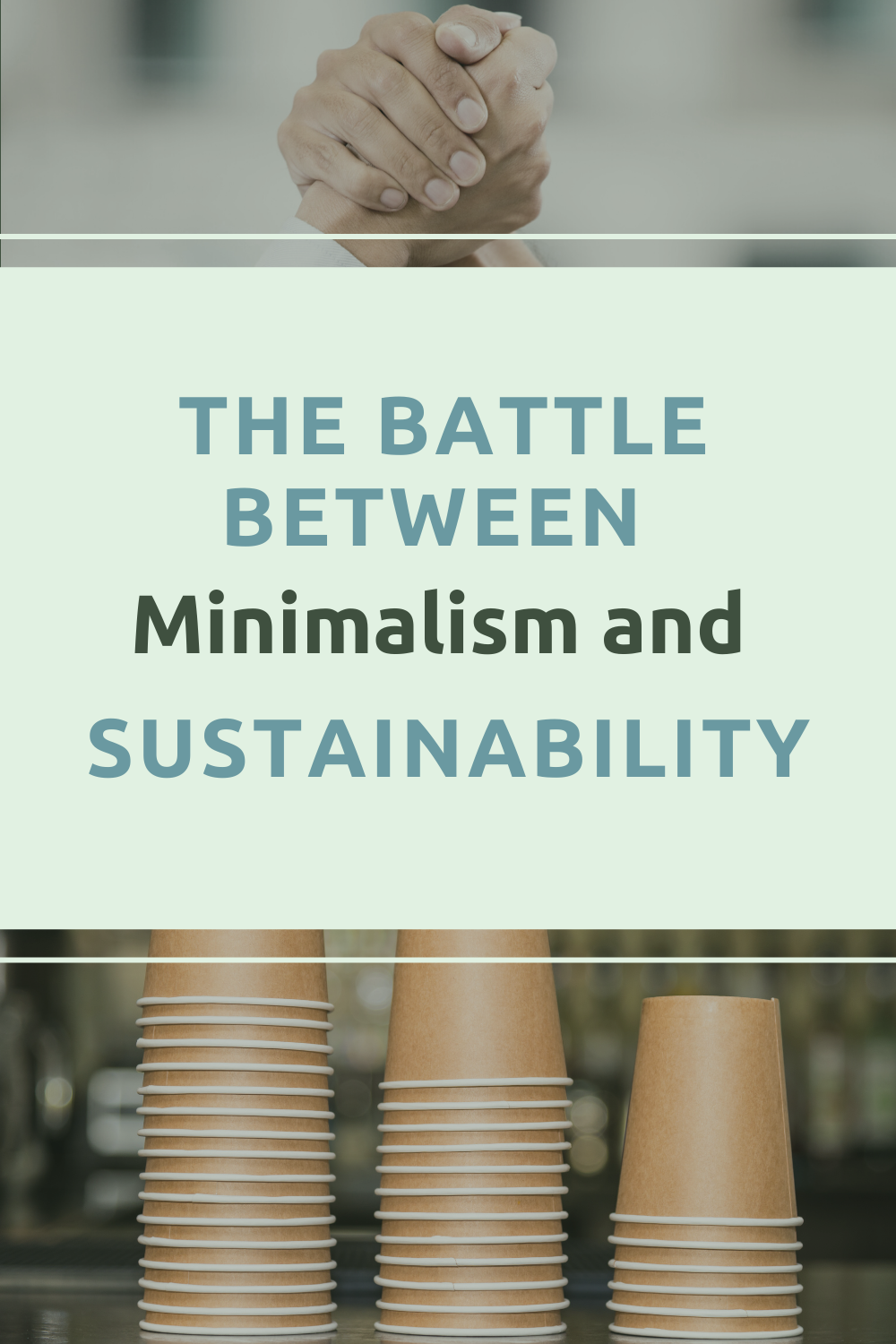The Battle between Minimalism and Sustainability
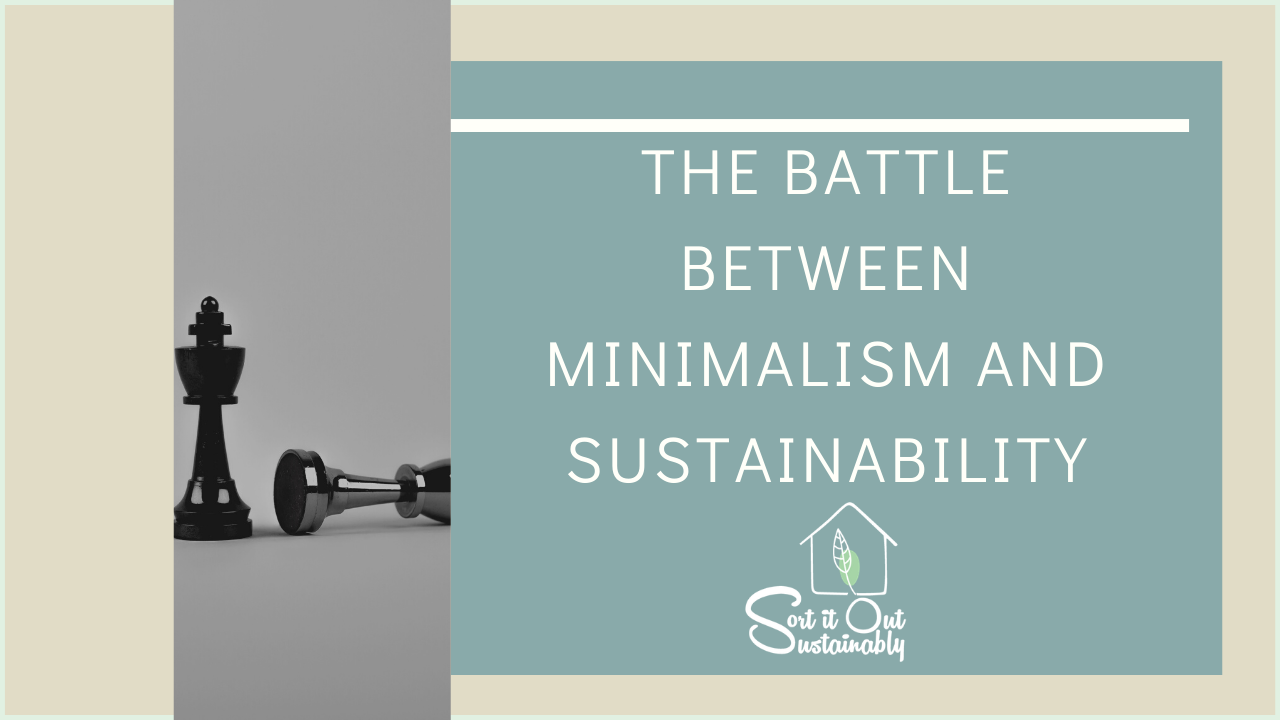
My platform is very much a merger of cross-promotion of both minimalism and sustainability. In many ways, the two practices overlap by default. But there are also ways that they can contradict each other and that's what I am writing about today.
Here are some common battles between 'Minimalism' and 'sustainability':
Disposable Minimalism
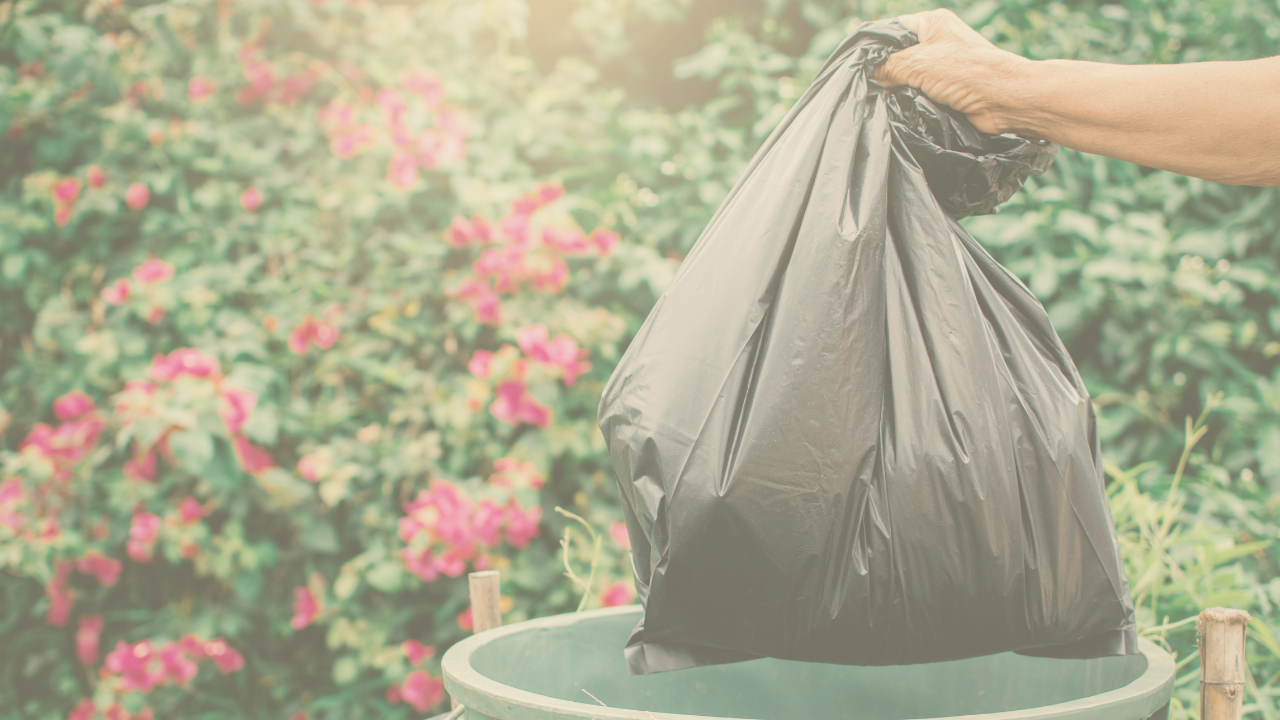
Let's get the elephant in the room out the way first. Minimalism is very much associated with the idea of less. However, in the pursuit of less, some people will throw things away... ending up buried in the earth in toxic landfills. What is even worse is having a disposable rotation of stuff to maintain 'minimalist' living. This is not the kind of minimalism that I promote.
Not my stuff, Not my problem- Minimalism

This very much ties into the above point. We need to think of minimalism holistically, not just what we own. A flawed version of minimalism is not owning a few reusable coffee cups because it involves owning more possessions... If you actually get a takeaway coffee every day. That actually makes you responsible for hundreds of coffee cups each year rather than a few that could last years. Another example is minimalists who fixate on their simple 'sustainable' apartment in a city and don't investigate the impact of what happens to create their life and what happens to their waste. Food is a major overlooked factor, and the food system is one of the main causes of environmental damage and has the biggest potentials for environmental repair.
Overconsumption of Eco-Products
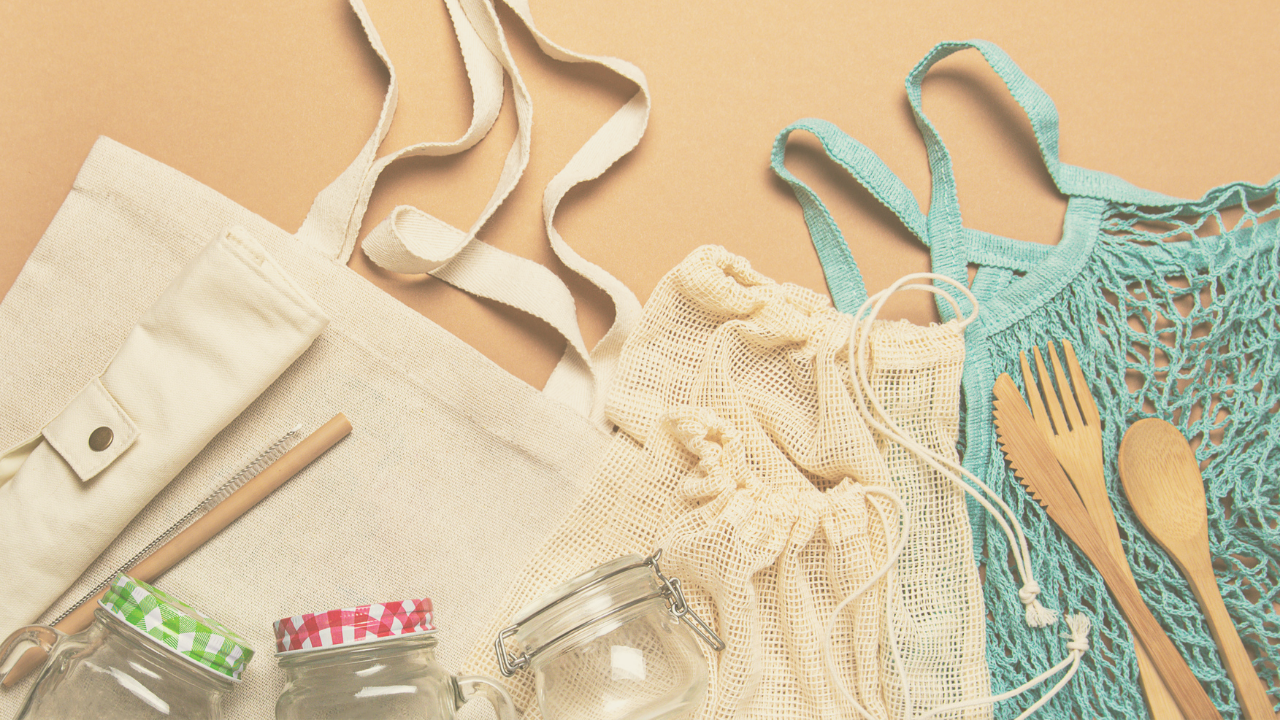
This one I see a lot of. Think about the eco-influencers who have houses full of so many eco products that they might not even use. Yes, consumption of 'eco' products is better than consumption of earth-destroying products. But incorporating minimalism into your eco-shopping habits is how you get to what is really sustainable. A cupboard full of zero-waste kitchen gear that doesn't get used is kind of wasteful. Especially, with the greenwashing, that is going on in the eco-shopping space.
Sustainability teaches keeping things for just in case
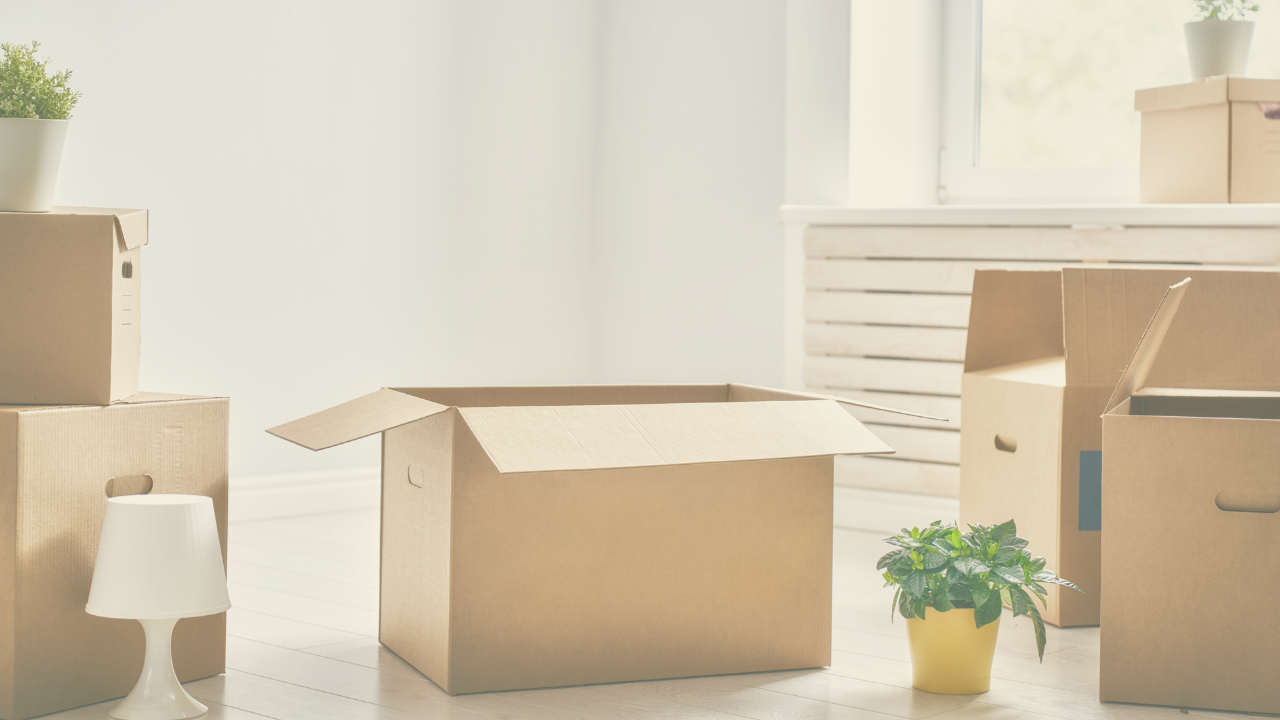
In discussions about eco-friendly living, the concept of keeping and reusing items is often promoted. This can conflict with minimalism when you keep items you have no intention of actually using but are keeping for 'just in case’. I find that when I have done this, most of the items that I keep, I forget about and they become clutter. Sometimes to avoid sending piles of stuff to the dump, we dump piles of stuff into corners of our house.
Minimalism vs Abundance
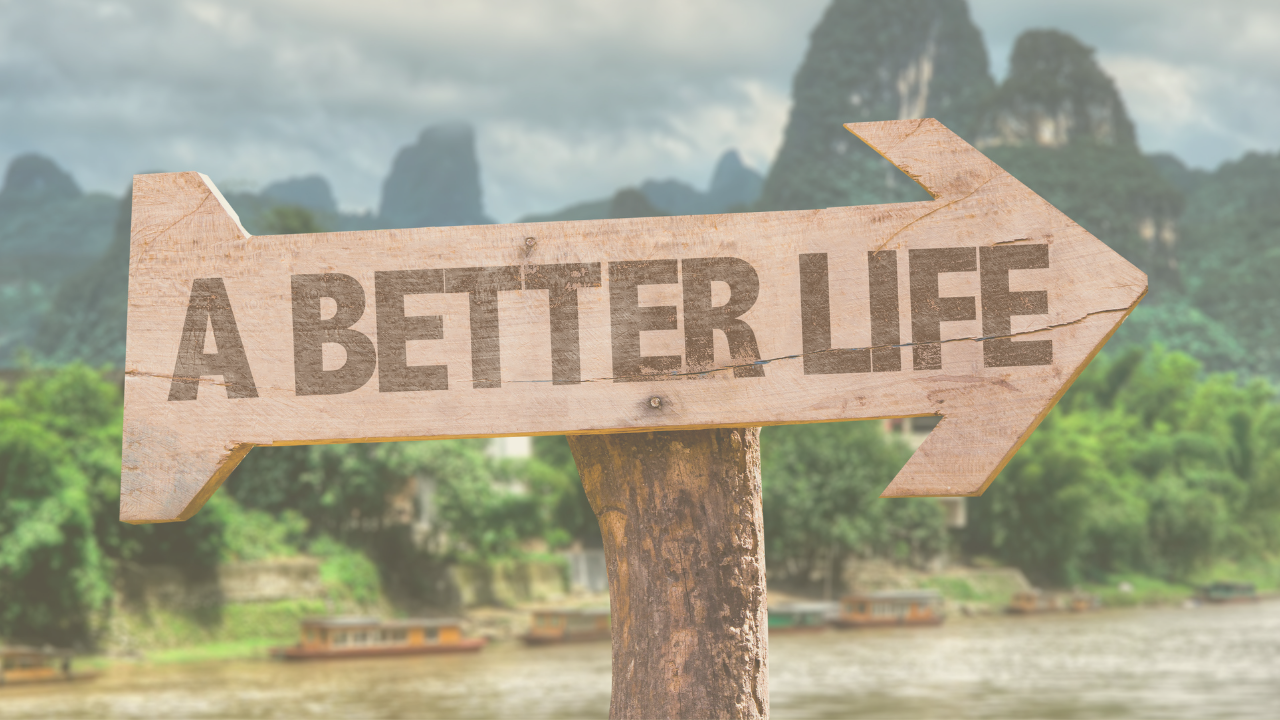
The final conflicting idea between sustainability and minimalism I want to point out is how minimalism strives for less but true sustainability requires the cultivation of abundance... Of the natural world. This is where we move from sustainability towards regeneration. When it comes to the natural world, we need a mindset of more; more life, more plants, more biodiversity, more microbiome, more production.
My tips for the best of both worlds:
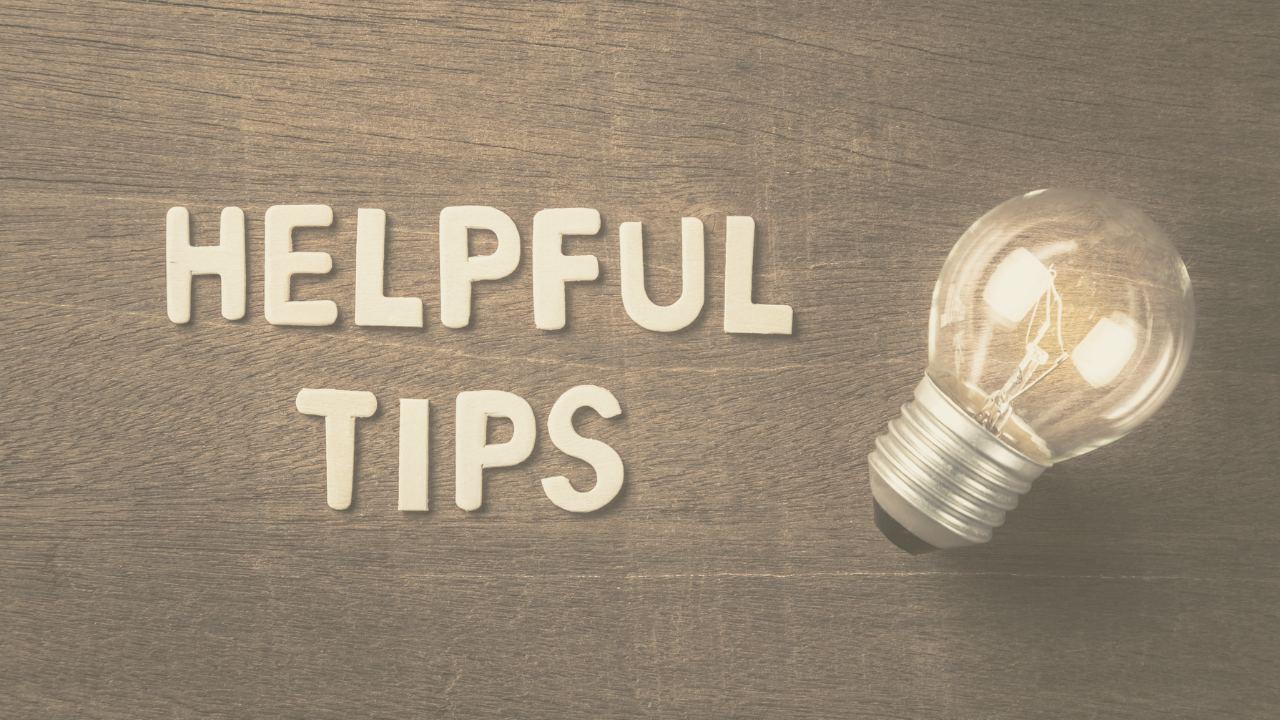
Think holistically-
Think about the overall impact of your lifestyle. Minimalism is the promotion of what we truly value and the elimination of all that distracts from it. Incorporating true sustainability into that philosophy will create a lifestyle aligned with both concepts.
Take responsibility-
When you are parting with something that doesn't serve you, do your best to keep it in the loop rather than trashing it. Giving away, selling, or recycling items is totally better than holding onto items that don't serve you.
Minimize your negative impact and strive for an abundant nature world-
One of the best parts about minimalism is that simplicity lets us focus on what we actually value. Live with just the things that add to your life and then actively do what you can to help the earth become more abundant.
It will take societal shifts
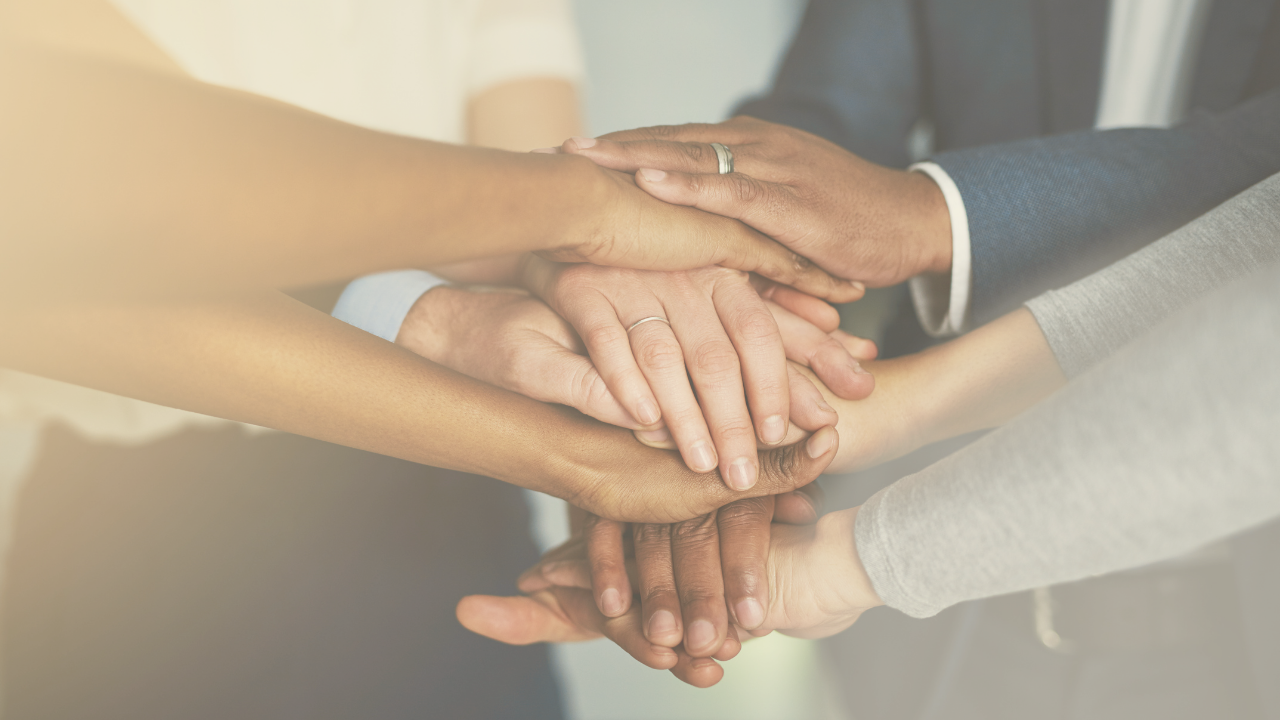
We can only do what we can do as individuals and we can be limited by services that are available to us. In order for true sustainability to be reached, we need to be living in a society that is set up to support that. We need a circular, regenerative economy. That we become a reality quicker with more people like you and I doing all we can under current circumstances and pushing for the societal shifts needed too. Together we can see a bigger change.
In order for the ecosystems to repair, we need to focus on what is really important and discontinue what is distracting us from that.. .and that is what minimalism is really about! On a personal level, this being with an audit of our homes. That is why I am developing a comprehensive decluttering course 'Cut Clutter & Cultivate Joy'. You can sign up for the waitlist here.
